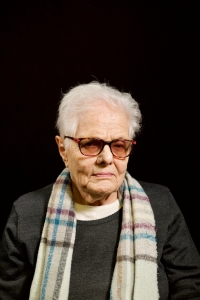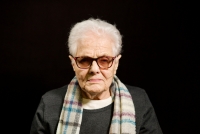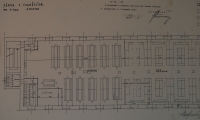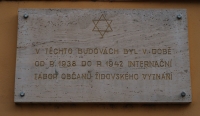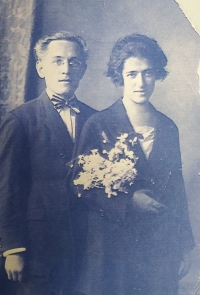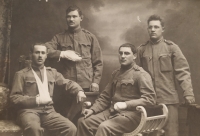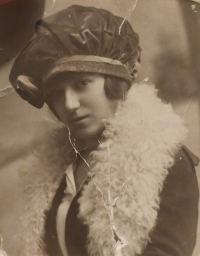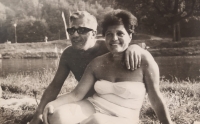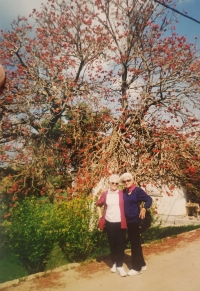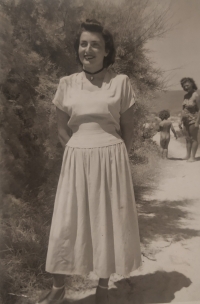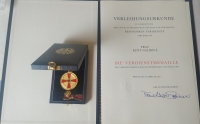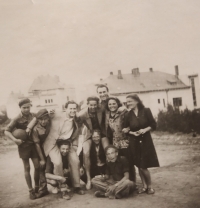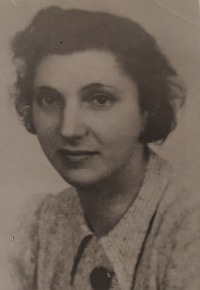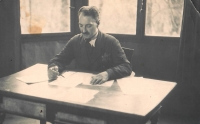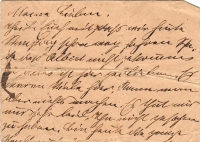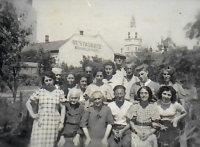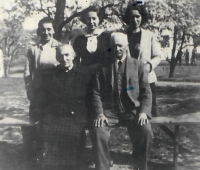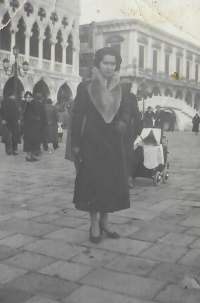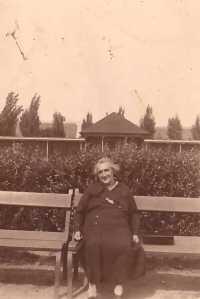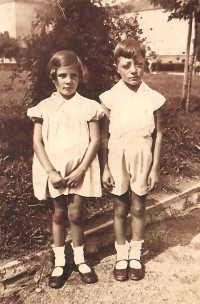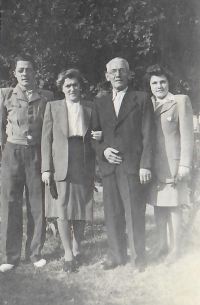I wasn‘t drawn elsewhere, my home is here

Stáhnout obrázek
Kitty Gald was born on May 22, 1930 in Znojmo into a mixed marriage as a twin with her brother Kurt. Their father Albert Senger came from a German family from Lechovice and mother Marta Grossmannová came from a Jewish family in Znojmo. After the occupation of Sudetenland as a result of the Munich agreement, the Grossmanns and other relatives on their mother‘s side had to go to a refugee camp in Ivančice, from where they were deported through Brno to Terezin in the spring of 1942 and then to other camps. Kitty and her brother Kurt were protected from deportation by their low age and their father‘s German nationality. At the age of 12, however, they were expelled from school because of their partially Jewish origins. For the rest of the occupation, the witness worked in the service of the neighbors, where she helped out in the household. The family hid several times in the countryside for fear of racial persecution. They lived through the end of the war with their neighbors in the cellar on the Lower Square. While most german residents, including some relatives from Lechovice, were displaced, the Sengers remained in Znojmo. Kitty was a seamstress and worked at the companies Vkus and Gala. In 1966 she moved to Brno, where she lived with her son, and later buried her mother there. She worked several professions and worked in the laundry room for the Brno spa until her retirement. Despite her old age, she is an active member of the Jewish community and the German Cultural Association. In July 2020, she was awarded the German Cross of Merit award for her long-standing efforts to maintain German culture in the region and for her contributions to the reconciliation of Czechs and Germans.
